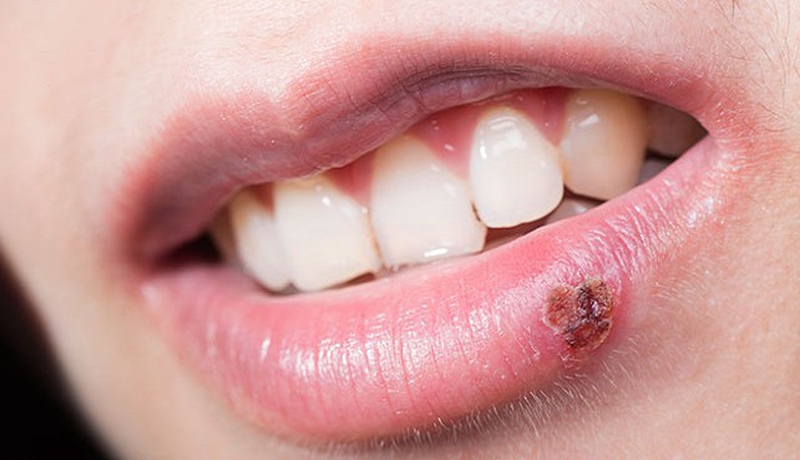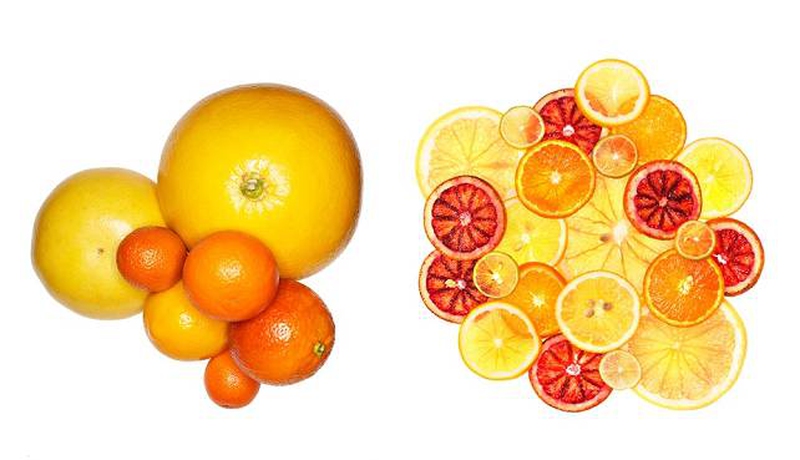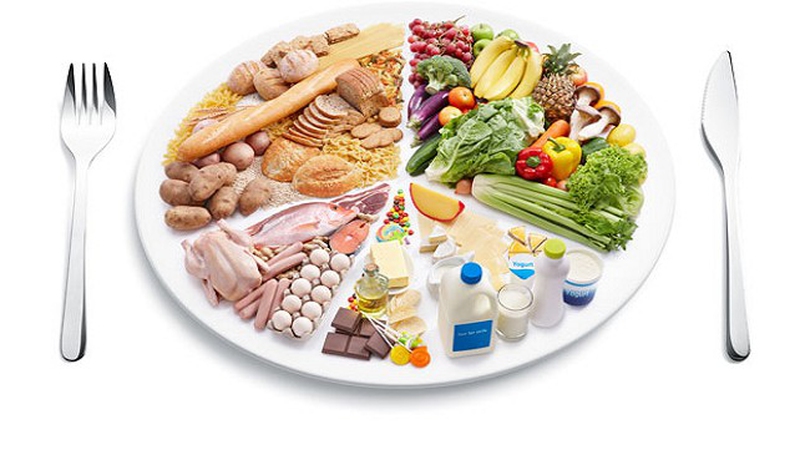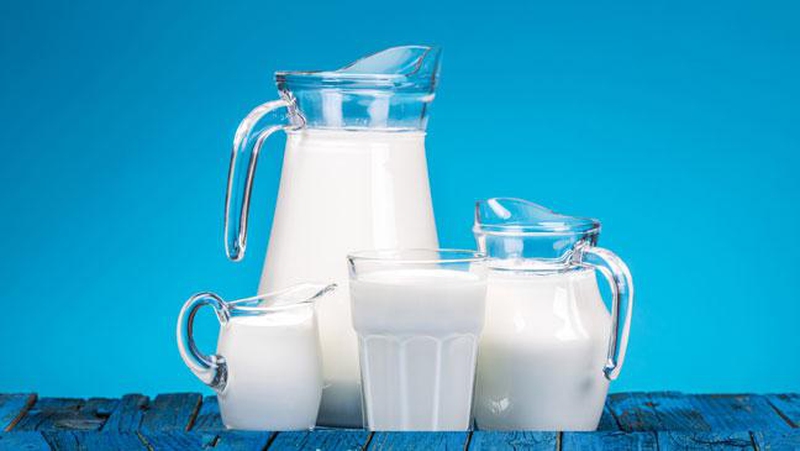It is rather unfair to go through life seeing some people not get a single cold sore while you, on the other hand, attract it in droves. With such a problem, knowing how to prevent cold sores is better than how to cure it. Fever blisters, as they are also called, can be both painful and itchy. If you are smart enough to get treatment at the first sight of cold sores, you could nip it in the bud. Below, we will cover how to prevent, recognize and treat cold sores so as to keep it from becoming a burden.

What Causes Cold Sores?
Viruses: The common virus that encourages cold sore formation is herpes simplex virus (HSV). Touching alone is enough to spread it. Herpes virus can be divided into 2 types: type 1 and type 2. Type 1 is the criminal behind cold sores, which hides inside nerve cells.
Genes: It is unfair that some people kiss their loved ones and remain immune to cold sores while you merely come in contact with your least favorite aunt and the next day are down with fever blisters. The genes are to blame. Study shows that six genes lead to cold sores and three of them are related to HSV-1 reactivation.
Triggers: For most of the time, HSV-1 stays inactive in your nerves unless biological triggers coax it out of your nerve cells. Common triggers are menstruation, stress, fever, and even sunlight. Cold sores can happen twice a year on average for lucky people and happen monthly to those with bad luck.
How to Prevent Cold Sores
Avoid transmission
Outbreaks occur when HSV-1 virus from ganglion in the spinal cord moves to skin regions around the mouth and genitals. In order to prevent the spread of cold sores, the following tips should be bear in mind:
Avoid sharing glasses, silverware, toothbrushes, lip balms, creams, or makeup tools.
No kiss when you get cold sores. The last thing you hope is to spread it to someone else or make your condition worse. Besides lip-lock, a mere peck on the cheek is enough to start the cold sore train. The same can be said for oral sex.
Never touch the sore, even the ones on your lip. Any form of contact will, whether you are aware or not, spread it to other body parts.
It is recommended that you treat any abrasions or cuts around the mouth or genital regions timely.
Apply anti-viral creams
If you experience this on a monthly basis, you’ll know how cold sores take forever to heal. However, anti-viral creams can help reduce healing time, especially when applied at the first intimation of cold sores. If you are looking for prescription-based care, ask for creams like Penciclovir (Denavir) or Acyclovir (Zovirax). Besides, Docosanol (Abreva) cream can be bought over-the-counter.
Eat food with vitamin C
Aside from immunity boosting, vitamin C also fights viral infections. Vitamin C, also called ascorbic acid, encourages white blood cells to fight pathogens and promote skin repair via good collagen production. Take 1,000 to 3,000mg of vitamin C every day but spread it out into 3 equal doses; taking more than 1,000mg at once can lead to diarrhea. Food sources include tomato, kiwi, broccoli, strawberry, and citrus fruits.
Keep good hygiene a habit
This is a crucial point on how to prevent cold sores. Contaminated place, like countertops and toilet seats, and even towels and washcloths can result in cold sores. Body fluids and saliva that come directly in contact with your hands is a leading cause of cold sore spreading. Use hand sanitizers or simply wash up after touching commonly used places. You will, as a human being, unintentionally touch other parts of yourself and imagine if you haven’t washed your hands before that. No wonder how cold sores form afterwards.
Relieve your stress
Studies have linked stress levels to cold sore formation. By lowering your immune system strength, HSV-1 and stress ally will wreak havoc on your skin. Deep-breathing, meditation and other exercises can make your stress in control. Even if you are going through personal emotional stress, losing your health is not going to help anyone. Avoid exposure to cigarette smoke and alcohol, and turn your diet onto a healthier lane. Get good sleep and exercise (manage it somehow). No more stress means fewer health problems and all the energy you need to tackle life’s obstacles.
Avoid too much sun exposure
Moderate exposure to sunlight is beneficial for obtaining vitamin D, which is definitely an answer to how to prevent cold sores. However, excessive UV radiation exposure (aka harsh sunlight) can trigger sunburns and cold sores. Apply sunscreen (minimum SPF 30) when heading to the beach. Balms and zinc oxide creams for your lips are good ideas as well. It’s been found that cold sores appear in much the same spots on your skin, so make special note of those areas.
Cultivate a balanced diet
Good foods: wholegrains, protein, fresh fruits, and veggies are the usual mix of options. Cabbage, Brussels sprouts, and broccoli in particular are great (raw or cooked) because their indole-3-carbinol (I3C) content cuts the growth of herpes viruses.
Bad foods: caffeine, saturated animal fats, alcohol, processed meats, white flour, artificial sweeteners, and white and refined sugars should be reduced. Some types of protein shakes, chocolate, beer, nuts, oats, and seeds that contain arginine, which is known to help cold sores develop, must also be avoided.
Try lysine
Lysine prevents HSV reproduction by inhibiting arginine activity. Regular intake has proven to prevent outbreaks of cold sores and genital herpes, although it is not as effective at reducing or curing them. Armed with anecdotal evidence (at best), we recommend cream or pill versions of lysine; if pills, take 1,000mg every day. Food sources include most fruits/veggies (except peas), green beans, beef, chicken, most types of fish, and dairy products.
Use home-made remedies
How to prevent cold sores? Try the following three commonly seen home remedies:
Vanilla: Pure vanilla extract is great against cold sores. Being alcohol-based, the virus will find no conditions to thrive. Not only does vanilla extract work to prevent the development of cold sores, it also reduces the duration and degree of it on your skin. Completely saturate a swab or cotton pad with pure vanilla extract, introduce it to the sore, and hold it there for a minute. Repeat this four times every day.
Licorice: Its root contains an interesting ingredient called glycyrhizic acid that has proven to stop or counter the growth and spread of viruses. Aside from displaying admirable anti-viral properties, licorice also has anti-inflammatory functions. Make a cream with licorice powder and dab onto cold sores.
Milk: To aid in speeding up the healing process and reducing pain, try milk compresses which spread proteins called immunoglobulins into the skin. These proteins are antibodies which can counter viruses like herpes. Milk also contains L-Lysine, known to cut arginine activity which results in fewer outbreaks and quicker healing.
Other Methods
Apply ice directly on the sore and no handkerchief is needed. Although it won't cure the cold sore, ice can bring temporary pain relief and reduce swelling.
Change your sleep posture by propping a few pillows behind your head and sleeping with your neck and head in a somewhat upright angle. Make yourself comfortable, as you do not want to add back pain to the cold sore mix. This way, gravity will help take the blister fluids down instead of having it sit around your lips.
Shield your lips using lip balms with a minimum SPF of 30 when you have a cold sore outbreak. Instead of using lip balms directly, try to use a cotton swab to apply balms on your lips and the skin around to care for your open sores and avoid cold sore spreading.






View All Comments /Add Comment